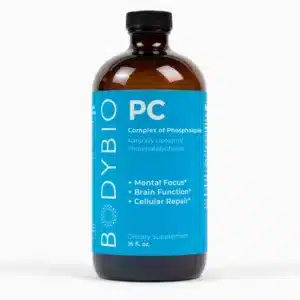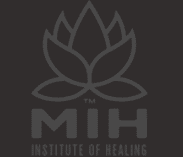Menu
Suction Cup Therapy and its Benefits
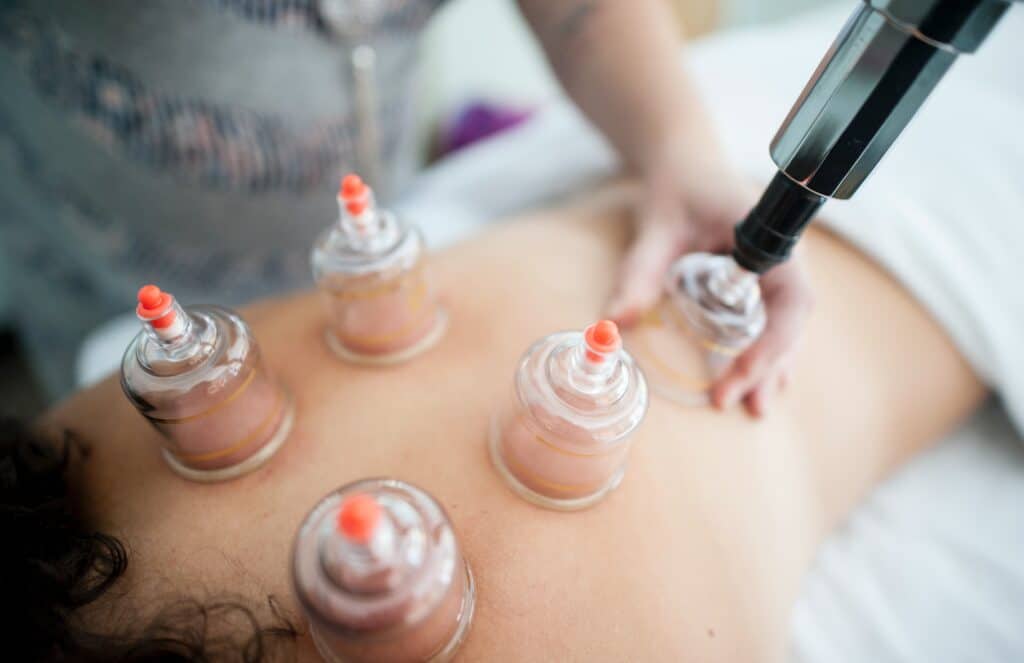
Home » Suction Cup Therapy and its Benefits
What is Cupping Therapy?
Suction cup therapy is an ancient healing technique originating in China and West Asia that can relieve symptoms and provide benefits for local and systemic diseases. A trained professional places suction cups on your skin, increasing blood flow to the affected areas. Cupping therapy causes cupping marks after it is done.

Photo by RDNE Stock Project on Pexels
Cupping Therapy Can Relieve Your Pain
Suction cup therapy most likely helps relieve conditions associated with pain. The suction from the cups expands and breaks capillaries, small blood vessels, under your skin. Cupping therapy can help promote healthier blood flow to the area and encourage proper healing at a cellular level. Cupping therapy can help release toxins through the body’s healing process.
Cupping May Ease Symptoms of:
- Back, neck, shoulder, and knee pain
- Asthma and other breathing issues
- Carpal Tunnel Syndrome
- Arthritis
- Gastrointestinal Diseases
- Headaches and Migraines
- High Blood Pressure
- Muscle Tension
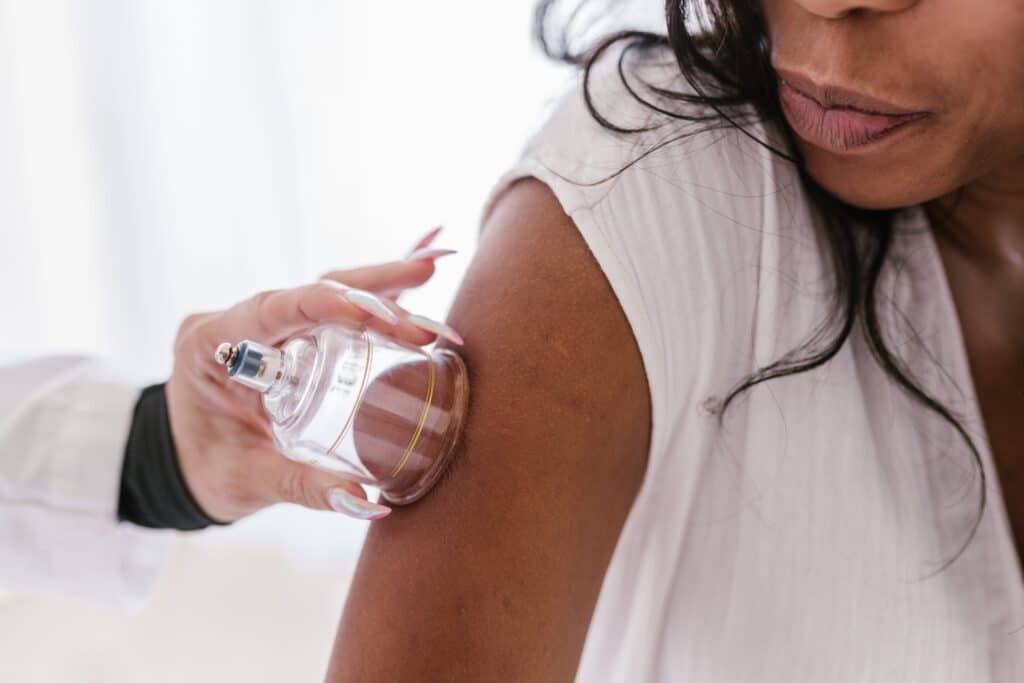
Photo by RDNE Stock Project on Pexels
The Execution of Suction Cup Therapy
There are a few different ways to provide cupping therapy. Each way varies slightly in its methods. All cupping therapy methods use glass, plastic, or silicone cups and place these cups on the affected part of the body. The methods differ in how they create suction if the cups are moved once placed, if blood is drawn, and if the cups are quickly placed and removed. Each cupping therapy method has its benefits, and it is best to consult your healthcare provider to decide which method may work best for you.

Cupping Therapy Methods
- Dry:
Your healthcare provider will heat the inside of the cup; the traditional way is with an alcohol-soaked cotton ball set on fire inside the cup and then removed before placing the cup on the skin. The heat pushes oxygen out of the cup, making a vacuum-like suction. Another method involves cups that have a suction device attached to them. The device creates a vacuum force to pull air out of the cups and bring the skin up into the cups.
- Running:
This method is similar to dry cupping therapy, but your healthcare provider applies oil or lotion to the skin before placing the cups. Once the cups are placed on the skin, your provider gently moves them around the affected area.
- Bleeding:
During this cupping therapy session, your provider will lightly puncture your skin with a needle before placing the suction cups. This helps release toxins through the blood suctioned in the cup during the process.
- Flash Cupping:
In this cupping therapy method, your provider will quickly place the cups and remove them over an affected area multiple times. This suction cup therapy method can help reduce congestion and stimulate blood circulation in a broader area.

Photo by Katherine Hanlon on Unsplash
What to Expect After Cupping Therapy
After cupping therapy, you will have red, round cupping marks that may look like bruises. Don’t worry; cupping therapy is considered a safe method to alleviate pain and increase blood flow. Although the cupping marks look like bruises, they are not actual bruises. Bruises injure muscle fibers, whereas cupping marks do not. These marks are created during the process of cupping and will fade away in one to two weeks.
Overview
Suction cup therapy can be a great way to promote relaxation, boost immunity, increase blood flow, and relieve pain. More studies are coming out that encourage the use of cupping therapy as a complementary treatment for a variety of symptoms and conditions. Suction cup therapy is a safe practice, and there is generally no pain associated with the method. You may feel a slight pinch during cupping therapy when the cups are placed on your skin, and you’ll have cupping marks afterward, but the pain is minimal. Ask your healthcare provider if cupping therapy will be right for you, and give it a try!
